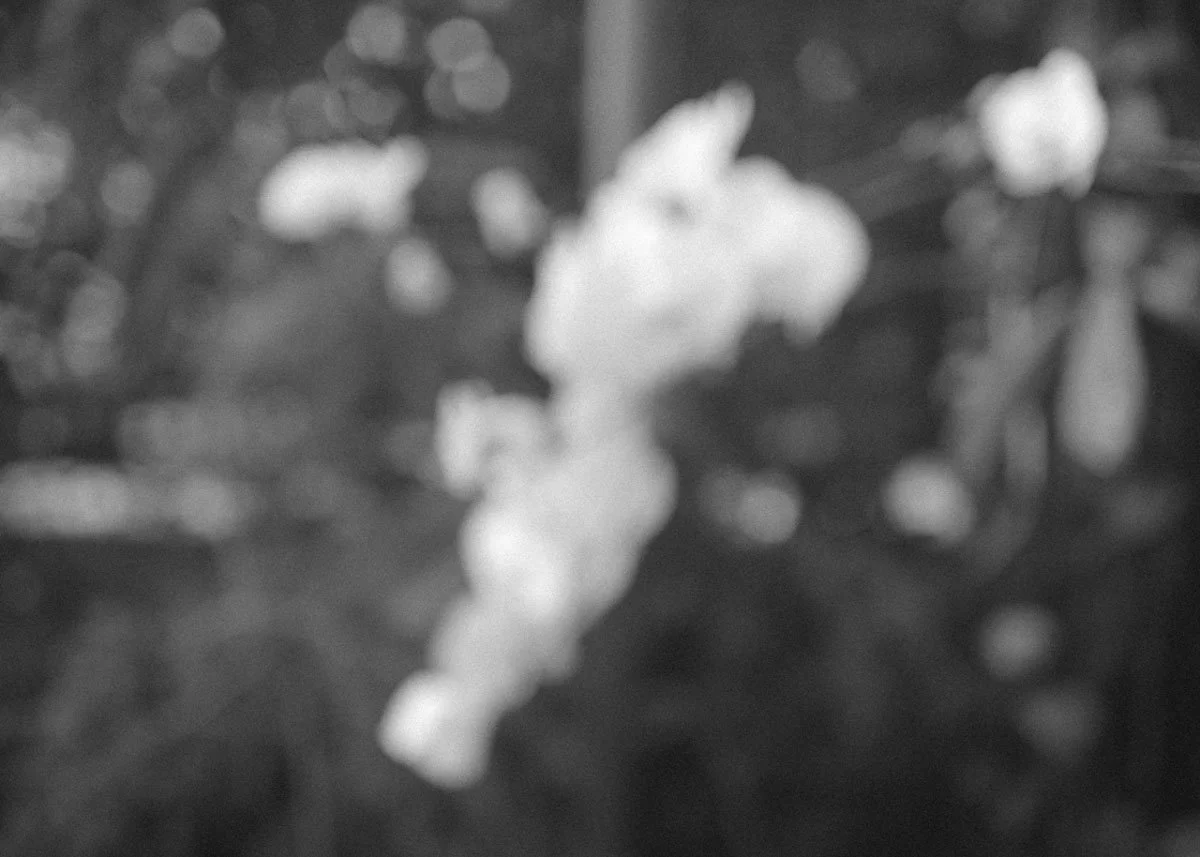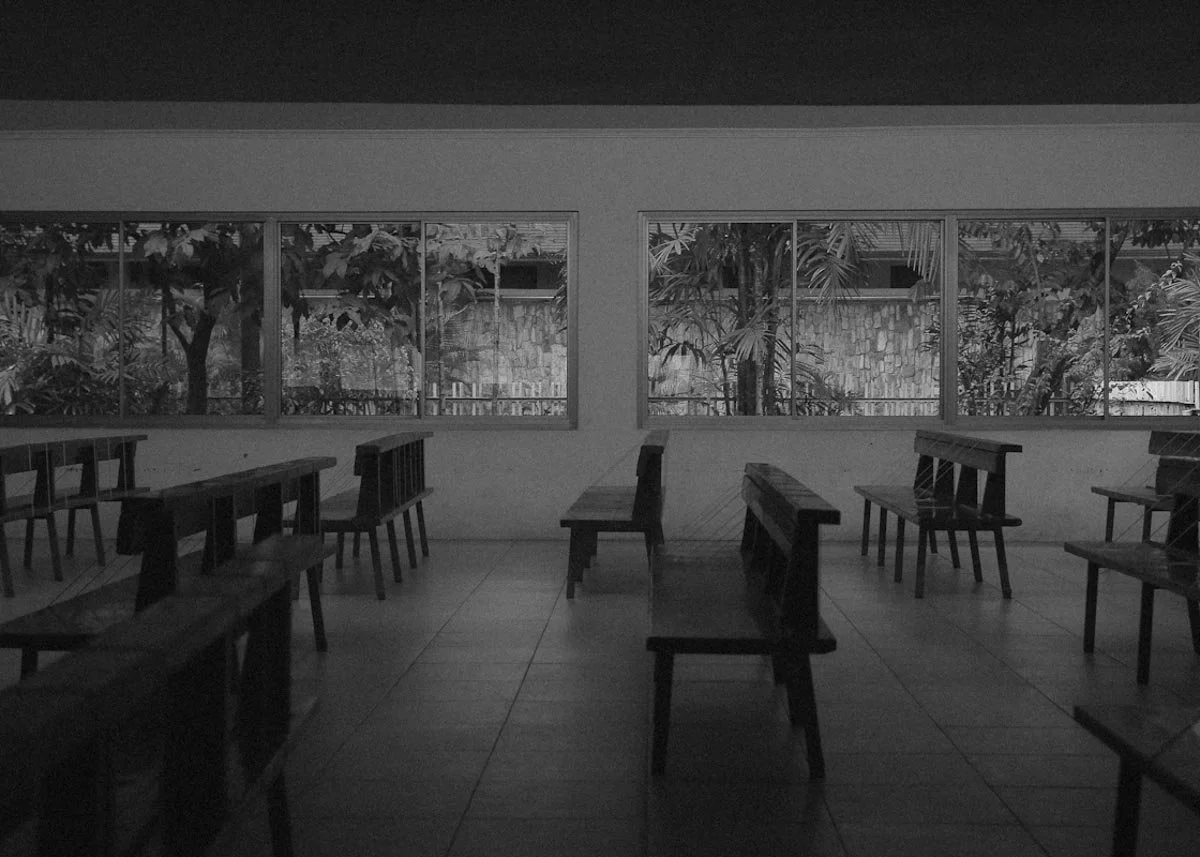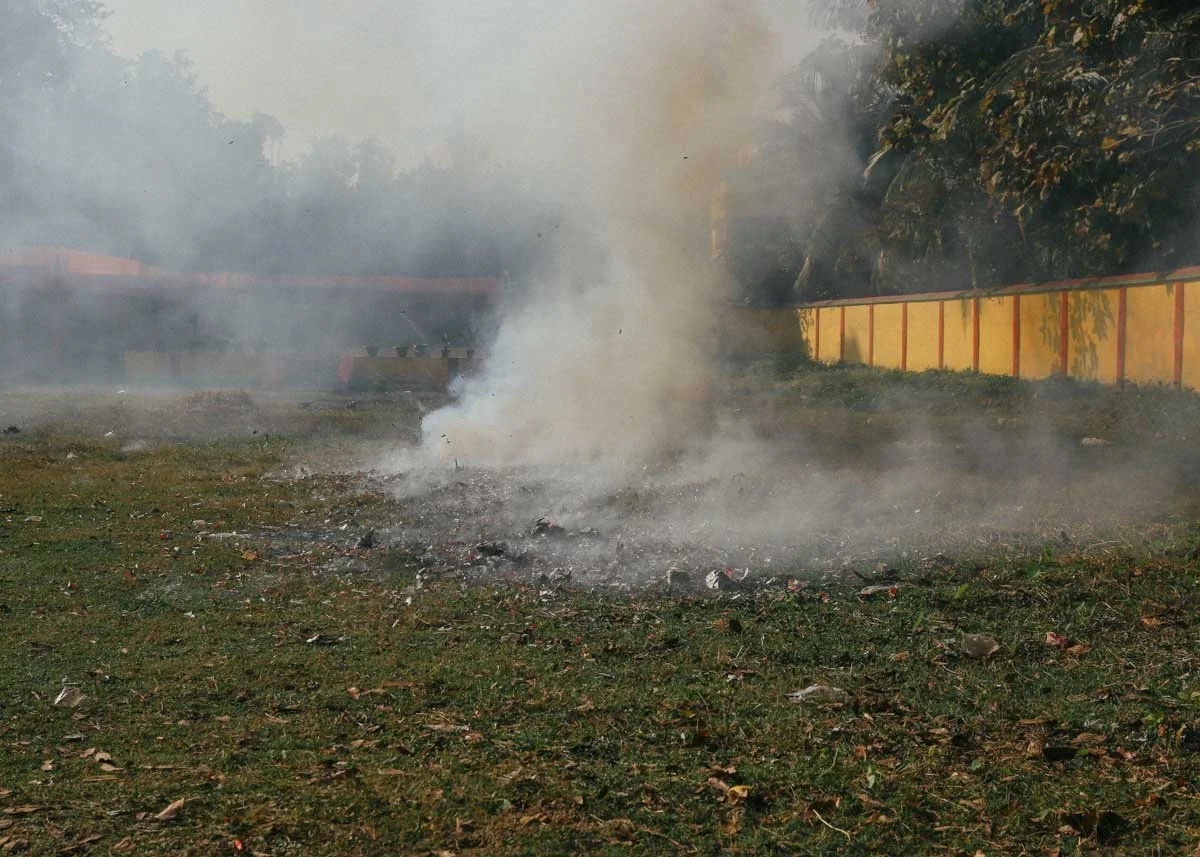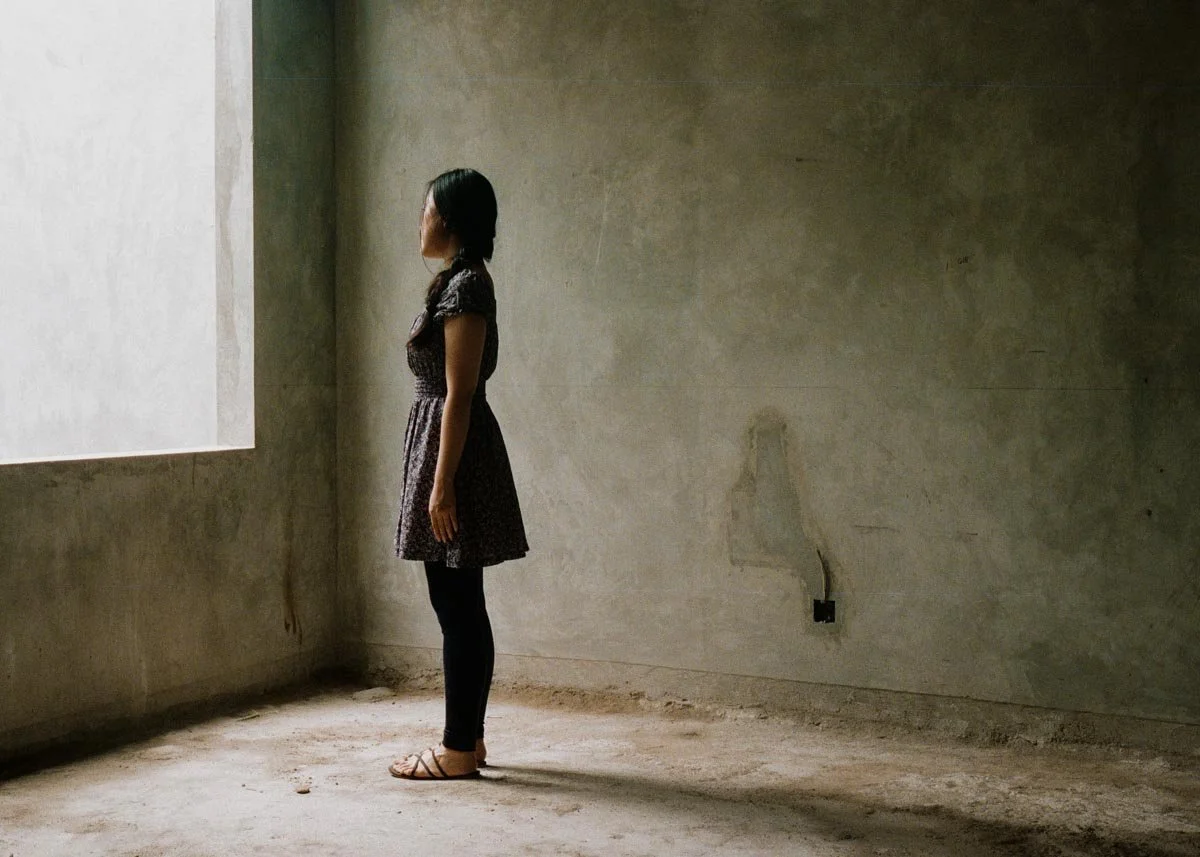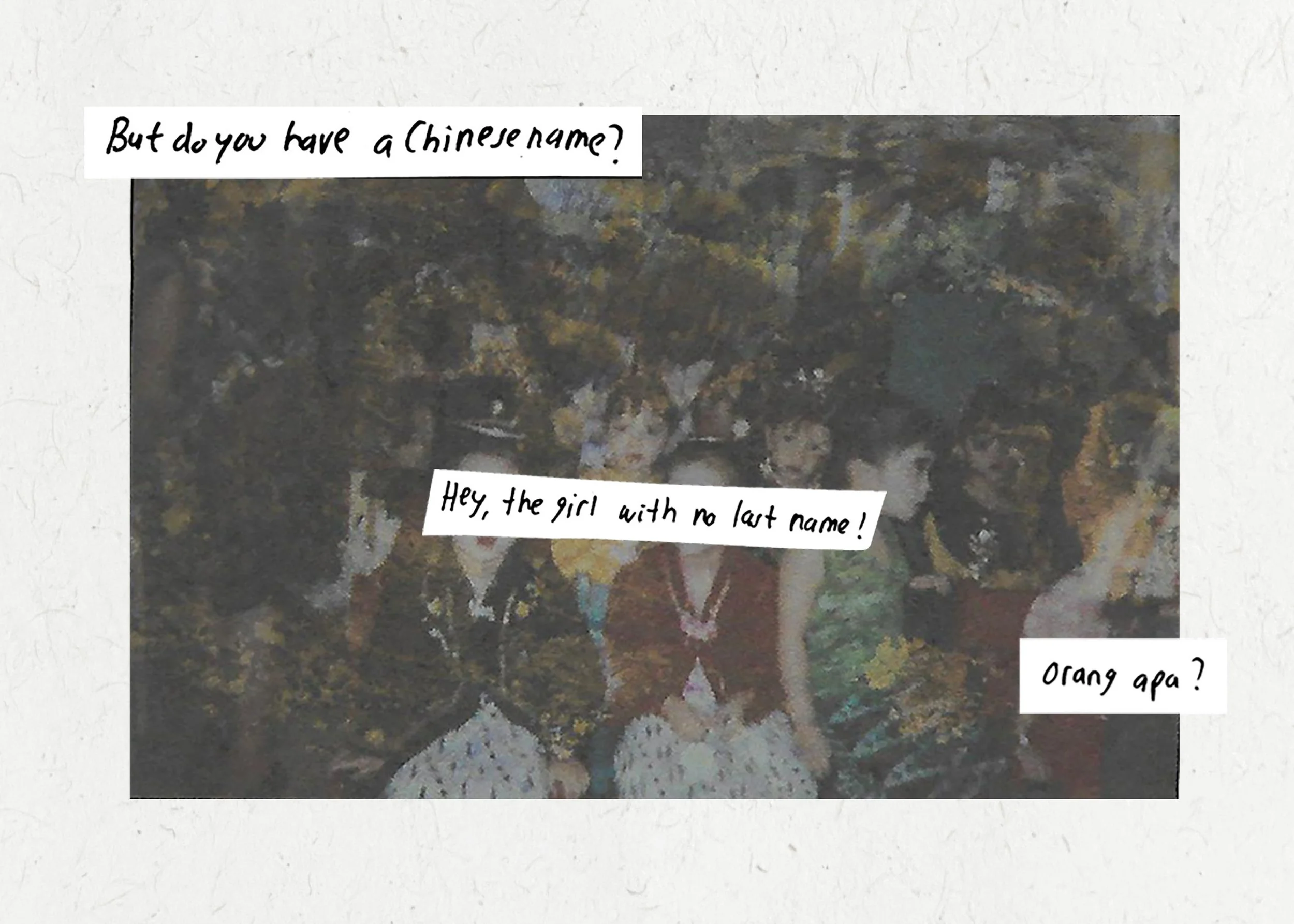Then, The Orchids Turned Grey
Fransisca Angela | Indonesia
We are each other's bridges to the past
so you can be here again with us
I gaze at your empty bed
while the white orchid blooms outside
All my life, I saw my grandmother worshipping Mother Mary day and night. The day I found out that my grandmother's real name is not Elisabeth, but Souw Hong Nio, it was already too late to ask questions. For three decades after former Indonesian strongman Suharto’s coup, it was not a conversation that we had around the dining table. From 1965 to 1998, Indonesians with Chinese ancestry were banned from expressing their culture, tradition, and language in public. They were labeled stateless. I realized part of us died with my grandmother’s death, and I fear losing a sense of who we once were. I began this work to honor her while setting out to discover what it meant to be a Chinese-Indonesian in the present day.
The work is an attempt at recreating a collective memory by collaborating with family members and the Chinese-Indonesian community. It looks broadly at how personal keepsake and memory can transcend the structural and geopolitical tension that was caused during the revolution, and especially how religion was a tool to erase ethnic identity during the period of nation-building post-cold war in Southeast Asia — with consequences that last until the present day. Then, The Orchids Turned Grey attempts to navigate loss while collecting memories kept silent for generations.
“Social justice could also mean talking to your friend, cousin, aunt, uncle, and mother about the things that bother you. To ask difficult questions, to listen with intention, and to tell stories to connect the threads of what makes us human.”

